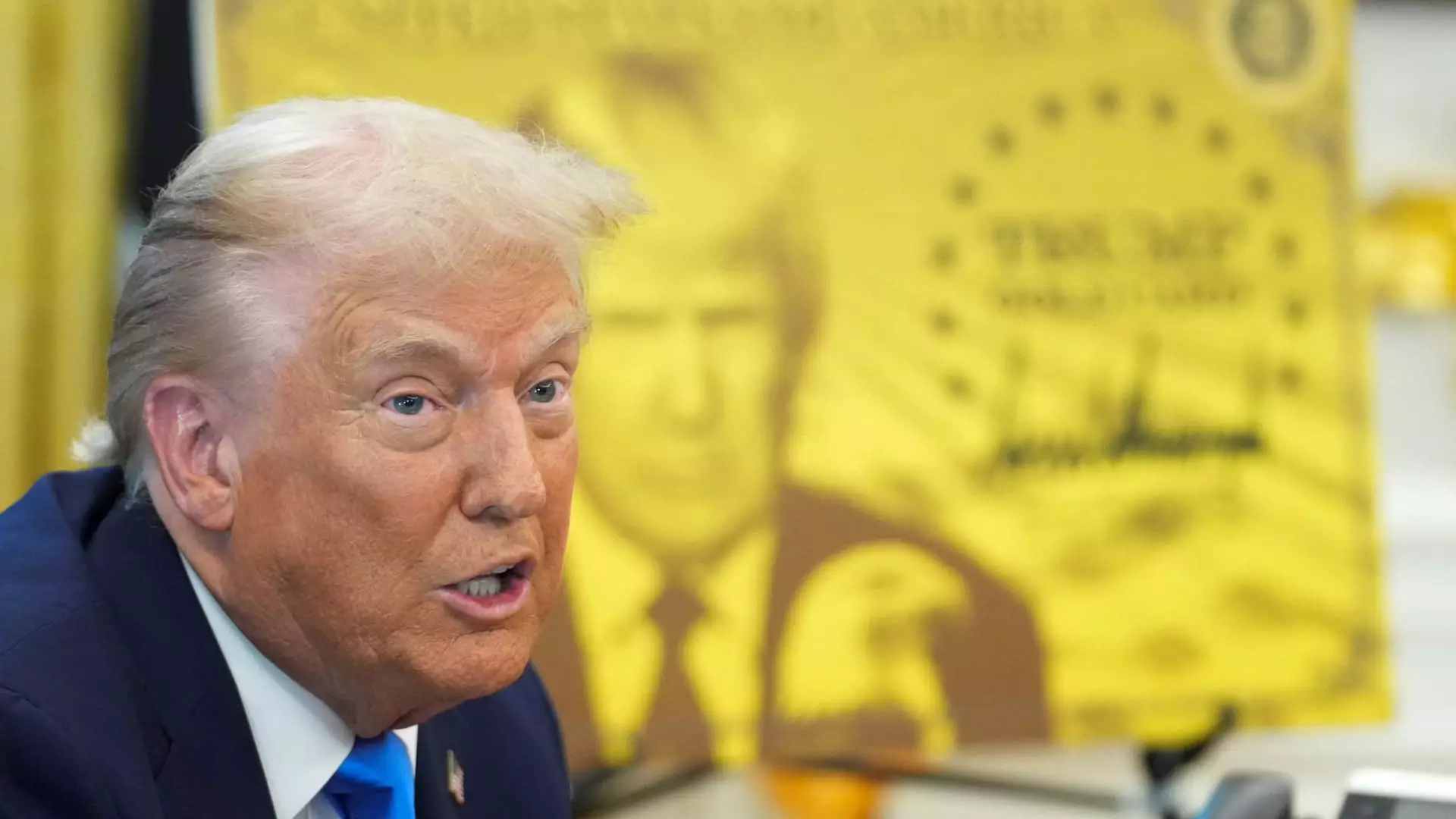In recent days, the Trump administration’s announcement to impose a staggering $100,000 fee on new H-1B visa applicants has ignited a firestorm across corporate corridors and diplomatic channels alike. Framed as a measure to prioritize American workers and curb what officials describe as “system abuses,” this policy reveals a deeper, more troubling narrative: the diminishing allure of the U.S. as a global hub for technological talent. The United States has long positioned itself as an innovative leader, largely thanks to its open-manifestation approach to talent migration; however, these recent moves threaten to undermine that very foundation. Instead of fostering a competitive environment for high-skilled immigrants, this fee erects insurmountable barriers, favoring the status quo of insular American workforce development — at a cost of future global leadership.
The Cost of Patriotism or Strategic Miscalculation?
Proponents argue that the fee is a necessary safeguard, discouraging cheap labor practices and ensuring American workers are prioritized. Yet, this rationale is simplistic and short-sighted. What the administration neglects is the interconnected reality: talent immigration isn’t a zero-sum game. By discouraging foreign experts from entering or remaining in the country, the U.S. risks losing its edge in innovation, especially in sectors where skill gaps are already critical. Tech giants and financial giants, which rely heavily on international talent — primarily from India and China — warn that this policy could lead to talent shortages, project delays, and ultimately, diminished global competitiveness. Moreover, the notion that high-skilled immigrants “spam” the system is a misrepresentation; it is a reflection of genuine demand for talent that has historically propelled America’s economic growth.
The Human and Economic Fallout
Beyond the corporate response, this policy must be viewed through the human lens. Many highly qualified professionals find themselves caught in the crossfire of policy shifts that seem to prioritize nationalistic rhetoric over pragmatic economic necessity. Reports from large companies like Amazon, Microsoft, and JPMorgan Chase advise their visa holders to remain in the U.S., avoiding international travel – policies that hint at the crisis infrastructure around legal immigration could face. Families face uncertainty, professionals face the risk of deportation or prolonged visa uncertainty, and the immigrant communities that fuel innovation report a decline in morale and engagement. The ripple effects threaten to destabilize entire industries that rely on these professionals, undermining the innovation ecosystem that the United States has painstakingly built over decades.
Global Ramifications and Strategic Realignments
The international response mirrors concern and skepticism. India, South Korea, and other nations are closely observing Washington’s actions, recognizing their own economic interests are intertwined with the U.S. tech ecosystem. India’s Ministry of External Affairs expressed apprehension about disruptions to industries and families, hinting at a long-term strategic concern: if talent is driven away, the competitiveness of both American and allied economies could erode. These policies may inadvertently encourage talented professionals and companies to shift their focus to more welcoming environments, creating a geopolitical realignment that benefits competitors rather than the United States.
The Disconnect Between Rhetoric and Reality
Fundamentally, this policy underscores a disconnect between political narratives and economic realities. While the administration claims to prioritize American workers, the reality is that talent migration—a core driver of America’s technological innovation—faces increased hurdles. Protecting local jobs is important, but not at the expense of the nation’s future. Artificially inflating visa costs may bolster domestic employment statistics temporarily but risks stagnating the very industries that have elevated the U.S. to its global leadership status. The idea that simply restricting legal pathways to high-skilled labor will somehow auto-correct wage inequalities or unemployment is an oversimplification that ignores the complex, dynamic nature of technological progress and innovation.
This policy exposes a fundamental flaw: the misconception that economic supremacy can be maintained through protectionism instead of strategic, open competition. In the long run, America’s position as a technological powerhouse depends on its ability to attract and retain global talent, not erect barriers designed to favor insularity. The move to hike visa fees to such an exorbitant level appears more like a symbolic gesture of nationalism rather than a sound economic policy, and it risks alienating the very professionals whose ingenuity continues to drive American prosperity.

